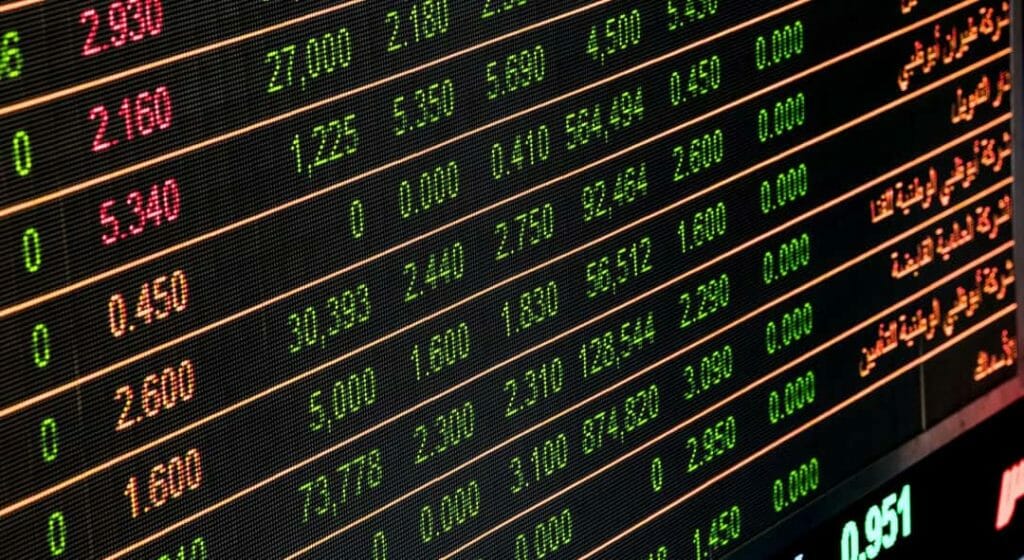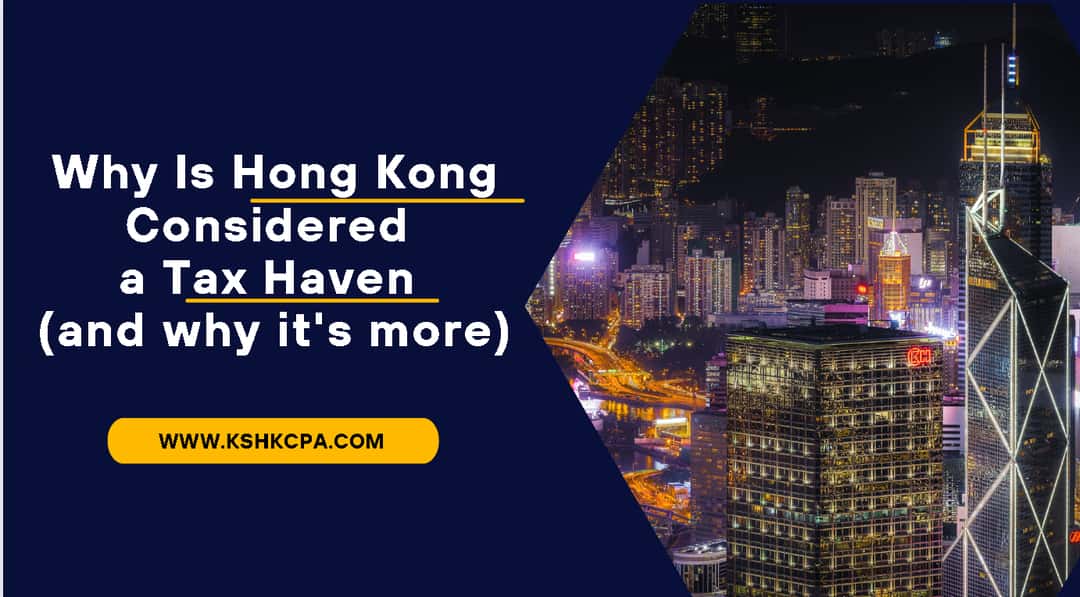So, you’ve started a new business and you want to maximize profit and minimize expenses. Where is the best place to do this?
How about a location that has one of the most developed cities in the world, one of the most densely populated areas in the world, and has one of the highest per capita incomes in the world. Sounds like a business tax haven, doesn’t it?
If you are located in an area that caters to business, what is the one big break that would help maximize your profit? It’s that dreaded three letter word…..TAX.
Well, you’re in luck. Not only is Hong Kong the top business city in the world, it also is known as a tax haven and so much more.
Table of Contents
What is a Tax Haven?
Tax havens are offshore financial centers that offer foreign investors low to no corporate tax rates. This benefit in itself makes the country an ideal place to register and incorporate a business.
It’s also one of the best places to keep or park most of your money. Many tax havens have a stable economic and political environment and make it easy for outsiders to set up a business there.
Tax havens also typically limit public disclosure such as financial information about the company itself and its owners.

Why is Hong Kong a Corporate Tax Haven?
If anywhere fits the bill as a tax haven for businesses, it’s Hong Kong. Businesses registered there don’t even need to be there in person to enjoy the tax incentives.
Low to No Taxes
Running a business involves a lot of expenses. One of those expenses can result from local tax system rules.
However, there are ways to have control over some of those expenses instead of those expenses controlling you.
It’s called tax benefits. These benefits are one reason why so many either incorporate or move their registration and even their whole operation to Hong Kong.
According to the World Bank, Hong Kong is ranked as having the world’s most friendly tax structure.
Hong Kong has a territorial tax regime which means only income generated in or from Hong Kong is taxed. Foreign sourced income is also known as worldwide income is not taxed.
If you register an HK company but don’t actually run your business from there, you will not have to pay any corporate profits tax. These businesses are generally known as holding companies.
Even if you do run your Hong Kong company from Hong Kong, the corporate tax rate is much lower than in many countries. If you do operate from Hong Kong, the corporate income tax rate ranges from 8% to 16%.
Hong Kong also has an extensive network of tax treaties to prevent double taxation. These treaties are bilateral agreements among two countries that are trying to eliminate the double taxation of income or paying taxes twice on the same income.
This results in the automatic exchange of financial data between the two countries when it comes to tax matters.
There are also no taxes on services or goods, capital gains, interest, dividends, imported goods, sales tax, and any employee of an HK company who doesn’t live there, is not subject to salary tax.

Economically Stable Environment
Hong Kong is known as having the world’s second freest economy, which is mostly due to the People’s Republic of China allowing Hong Kong to have autonomy.
It’s a highly developed free-market economy that is defined by a low tax regime, mostly free port trade, no exchange controls, and a well-established international financial market.
In fact, the market is so well-established, that Hong Kong is known as one of the financial hubs of the world.
Not only does this area offer mostly free port trade, but it’s a significant port for goods to enter in and exit out of that leads to the most impressive economy in Asia.
Due to this very key port, Hong Kong has a monopoly over the international trade of goods produced along the Pearl River Delta.
It’s also a stable environment due to its “One Country, Two Systems” principle. This allows Hong Kong to operate under its own tax, judicial, and economic system separate from China.
Hong Kong acts as the perfect bridge between China and the rest of the world. In fact, over 60% of foreign direct investment in and out of China was channeled through Hong Kong in 2018.
Hong Kong has one of the largest net external financial assets to GDP ratio in the world, which is a strong economic cushion.
Privacy to Investors
Hong Kong ranks fourth on the Financial Secrecy Index. Another common aspect of tax havens is that they typically limit the public disclosure about businesses and their owners.
These havens are often called secrecy jurisdictions and are ranked on the financial secrecy index which was introduced by the Tax Justice Network.
Hong Kong is very committed to keeping the information privacy of those who keep their money there. They make every effort to preserve the secrecy of asset owners.

Why is Hong Kong a Tax Haven and More?
Being a tax haven should be enough of a perk, but Hong Kong also is a city that screams ‘opportunity’, especially for investors and entrepreneurs.
Why? It’s partly due to Hong Kong being a gateway to China, there is no system of foreign exchange control, it’s easy to do business there, and Hong Kong has many top-rated banks and international fintech companies.

Land of Inspiration and Opportunity
FAQ
What makes Hong Kong a tax haven?
Hong Kong is a haven due to its low to no tax liability, an economically stable environment, and privacy to investors.
Are tax evasion and avoidance the same thing?
No, they have two entirely different meanings. Tax avoidance is a legal method to minimize the amount of income tax owed while evasion, which is illegal, is the failure to pay or to deliberately underpay taxes.
What taxes are Hong Kong residents subject to?
Hong Kong imposes three types of taxes. They include property tax, personal income tax, and corporate.
What attracts foreign nationals to Hong Kong?
Hong Kong’s international influence along with their business-friendly tax system attracts many foreign companies and investors.
What type of tax structure does Hong Kong have?
Hong Kong follows a regime that is territorial.
Does Hong Kong have its own currency?
Yes, as a Special Administrative Region of mainland China, Hong Kong has its own currency.

